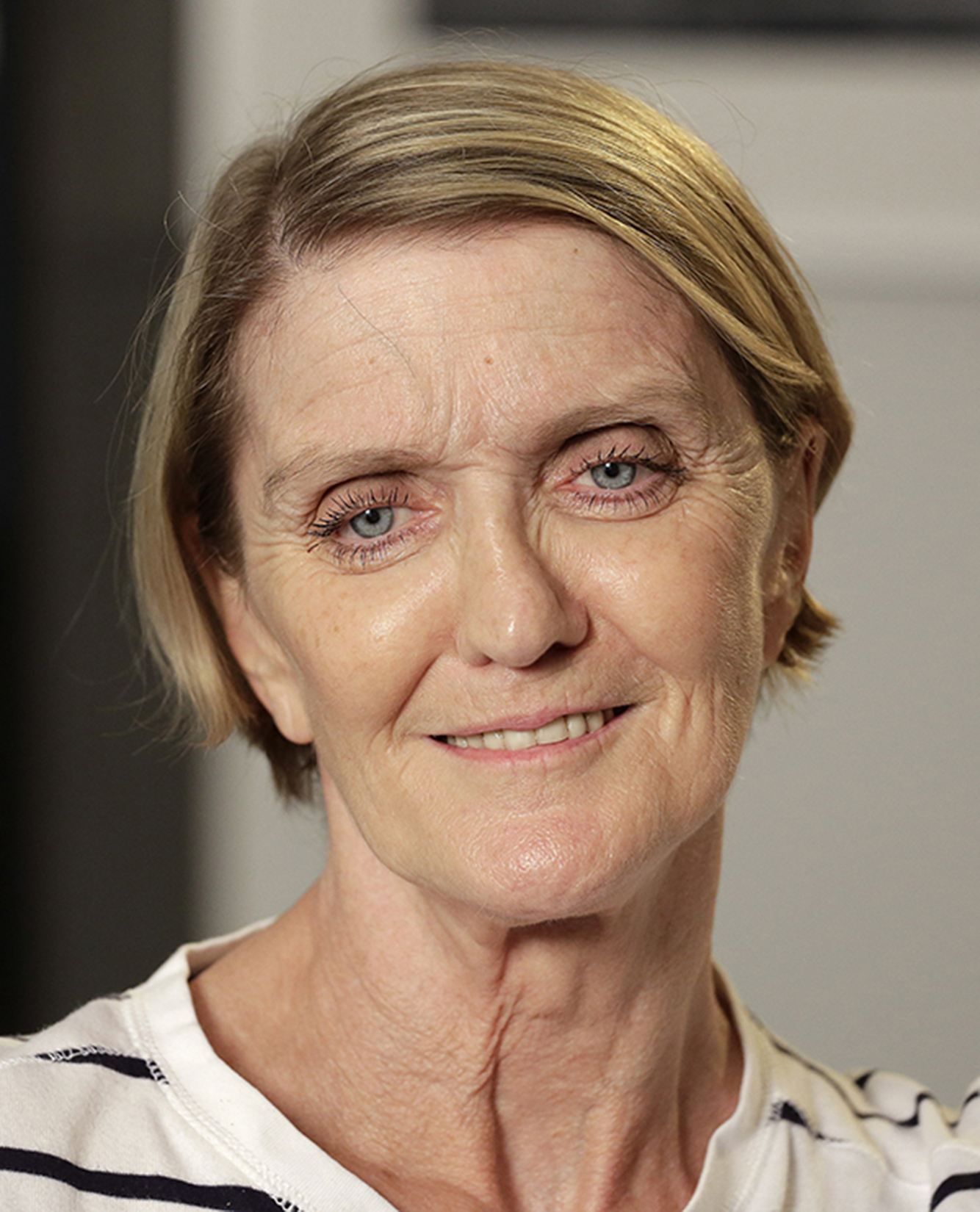
While I wanted to tell the story, I didn’t want to be giving a platform to the perpetrator. But at the same time I wanted to get into the mindset … it required a real intense follow through that allowed for many voices to speak, to try to understand what brought that person to where he could take a gun and shoot his sister and kill her.
Kathy Gannon
Interviewing with an Even Hand
AP Senior Correspondent Kathy Gannon spent much of 2016 investigating the phenomenon of honor killings, in which women are disowned, tortured or killed for “dishonoring” themselves or their family.
Most coverage from news outlets focused on the victims, the young girls and women who were punished for marrying without family approval, dancing with men or dressing immodestly. Gannon covered the story from an unconventional, and in a way less appealing, perspective: she interviewed those who agreed with or undertook the honor killings.
In doing so, Gannon took on the challenge of portraying the systematic issue in a far broader scope. She had to portray how age-old traditions, centuries of poverty and stringent cultural norms were as much at fault as the perpetrator, without excusing the severity of what was happening. Honor Bound chronicles the perspectives of those people most journalists had summarized as intolerant abusers and murderers.
Gannon is open to doing virtual class visits. Contact Center administrator Krista Eastman (krista.eastman@wisc.edu) for more information.
Kathy Gannon on reporting Honor Bound
QUESTIONS
Q1: A common tenet of journalism is to show all sides of a story. Can you think of a scenario where this practice could be damaging?
Q2: Cultural differences played a central role in Honor Bound. Does a journalist have an obligation to translate the ethical norms of one society for readers in another?
Q3: Is it the goal of a journalist to make the reader understand a foreign concept, to empathize with a foreign concept, or both?
